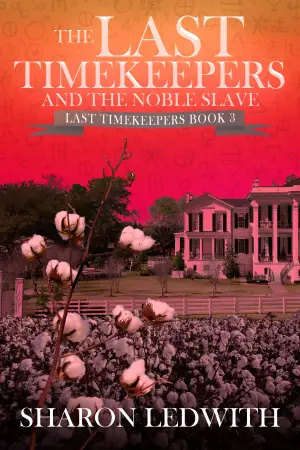I recently had the opportunity to read The Beekeeper of Aleppo by Christy Lefteri, and it was an experience that lingered long after I turned the last page. As someone who is deeply interested in stories that delve into human resilience amid adversity, I was drawn to this book not only for its gripping premise but also for the profound themes of loss, love, and survival. The tale of Nuri, a beekeeper, and his wife, Afra, an artist, navigating their lives amidst the horrors of war struck a chord with me.
Initially, I was captivated by the poetic way Lefteri presented the story. The novel intricately intertwines Nuri’s journey as he escapes the ravaged city of Aleppo, while also highlighting Afra’s struggle with her newfound blindness and the deep grief of losing their son, Sami. The transition between past and present is elegantly crafted, using a motif of common words at chapter ends, allowing for seamless narrative shifts — a creative device that makes the reading experience more engaging.
Two notable strengths of the book include its rich character development and poignant emotional depth. For instance, Sherry Sharpnack praised the novel for its portrayal of complex emotions, especially how it explores Afra’s PTSD while still showcasing her love for Nuri. These intricate layers give readers a deep understanding of how the war has fundamentally altered their identities and their relationship. Similarly, I found the vivid descriptions of their lives in Aleppo — mornings filled with honey and art — created a stark contrast to the bleak reality they later face. The switch from a tranquil life to one battered by conflict is profoundly impactful, reminding us that ordinary lives can be shattered in an instant.
However, as many readers have pointed out, the pacing of the novel can be uneven at times. Some sections may feel a bit slow, which could pull some readers out of the emotional intensity of the narrative. I understand why this was a concern for others, and I did find moments where the rhythmic flow dipped. This didn’t detract too much from my overall enjoyment, but it’s worth noting for those who prefer a more fast-paced storytelling style.
Also, I encountered some technical issues, like abrupt chapter endings and even some mentions of missing pages in physical copies. Though I didn’t experience this firsthand, it could certainly detract from the immersion of the reading experience. It serves as a reminder that production quality can affect how a reader connects with a story.
In reflecting on Lefteri’s work, I find that it truly met my expectations and more. The book offers a ‘moving and intimate’ insight into the refugee experience, reminding us of the universal struggles of humanity amidst displacement. Following Nuri and Afra’s harrowing journey through Turkey to Britain, as they hold on to the hope of reuniting with Nuri’s cousin, Mustafa, feels not only relatable but essential in our time when understanding global issues is critical.
The nuanced storytelling brings to life the mantra that “where there are bees, there are flowers,” symbolizing the ongoing hope in a world marred by conflict. This poignant message resonated deeply with me, encapsulating the essence of human spirit and resilience.
To encapsulate my experience, The Beekeeper of Aleppo is a heart-wrenching, beautifully written novel that captures the brutality of war while also celebrating hope and love. It’s an essential read, especially for those looking to broaden their understanding of the refugee crisis and the human stories behind the headlines. I wholeheartedly recommend this novel to anyone interested in emotional narratives that challenge their perceptions of humanity. For its compelling storytelling and powerful themes, I give it a well-deserved 4.5 out of 5 stars.
Discover the poignant journey of love and resilience in “The Beekeeper of Aleppo.” >>








